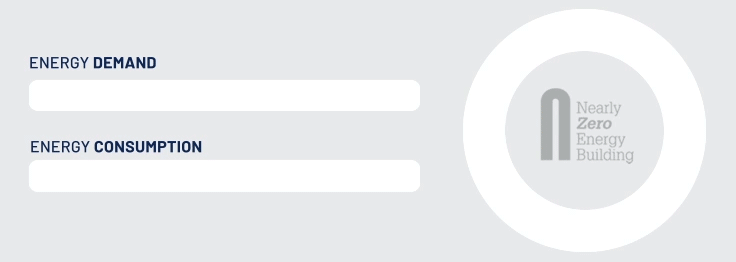In Espai Energy, we understand consulting as a way to help and train our clients to define and implement their sustainability policies, in their companies and in the products they make.
Today, climate change and the need to use our resources in a more sustainable way generates new needs to be implemented in our companies.
From the European Union, a series of sustainable development goals have been set (ODS 2015), setting up an agenda for 2030.
Our commitment is to help the companies to understand the importance of the ODS and take action accordingly, to position themselves better with their shareholders, investors, financiers, employees, customers, regulators and public opinion.
Strategic Consulting
Of the 17 objectives defined by the UN, there are 9 objectives that are directly connected to the real estate business. We help our clients’ assets and investments to make more efficient use of energy or its renewable generation, as well as the use of waste or the improvement of the water cycle.
Sustainability manuals are a powerful tool to evaluate the sustainability, life-quality and energy efficiency of homes. In Espai Energy we offer an adapted manual to each developer to encourage the specific values of their developments, without leaving out the essential values of sustainability.
Energy Consulting
If you want to design and build sustainable buildings with zero or almost zero consumption (NZEB), or simply want to optimize your project to obtain a balance between sustainability and cost, we recommend you to make an energy consultancy.
To achieve a NZEB building it is necessary to analyze and optimize each part of the architectural project, with the aim of reducing energy demand, optimizing solutions and materials and simplifying the systems.

Energy certification
Energy certification (CEE) of buildings is a mandatory label for new buildings since 2007 and for existing buildings since 2013.
The certificate measures the energy efficiency of the building by taking into account the estimated energy consumption needed to meet the energy demand of the building under normal conditions. In this way, when a building is less efficient, the costs associated with its use will be higher.

